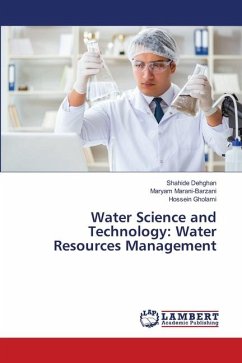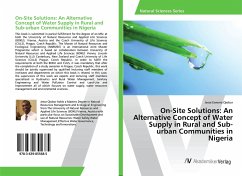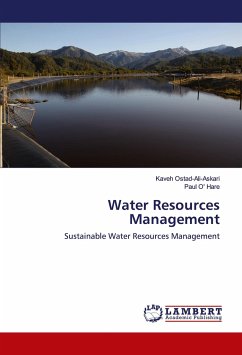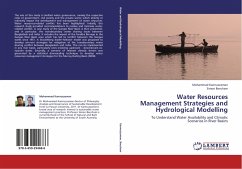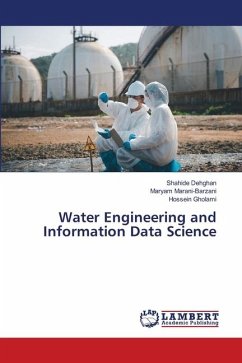The science of hydrology is the basis of decision-making in water resources and the assessment of related risks such as floods, droughts and pollution. Despite the vital importance of this science for society, this scientific field is facing a severe lack of data in spatial and temporal domains. In the third world and low-income countries, due to the limitation of data and statistical information and the high cost of the monitoring process, they face a lack of data. Therefore, data collected by local communities and volunteers and monitoring through people is an effective method in this field. The underground water reserves, despite being hidden from human sight, have been regarded as the most important sources of water supply in most parts of the world for many years. These valuable resources, which cannot be imagined in nature, have undergone many quantitative and qualitative changes today. An example of these changes can be the illegal withdrawal of underground water tables, which has caused an exponential drop in the level of underground water and the destruction of the quality of these hidden waters.

